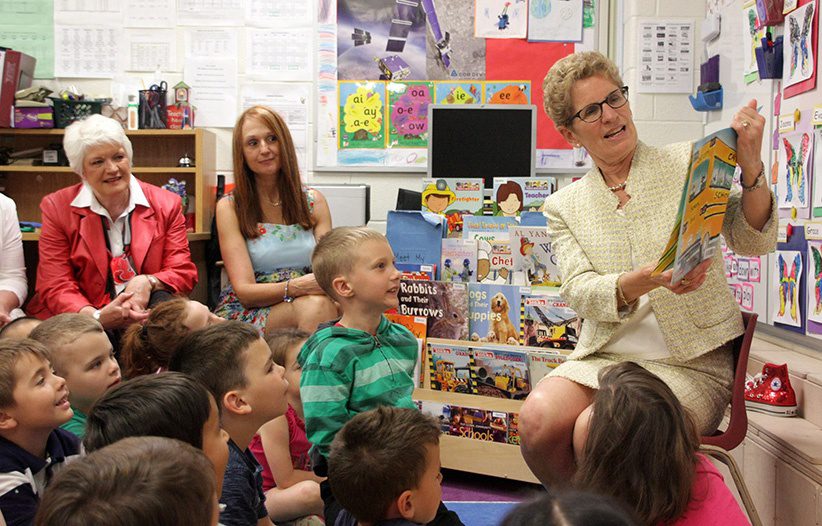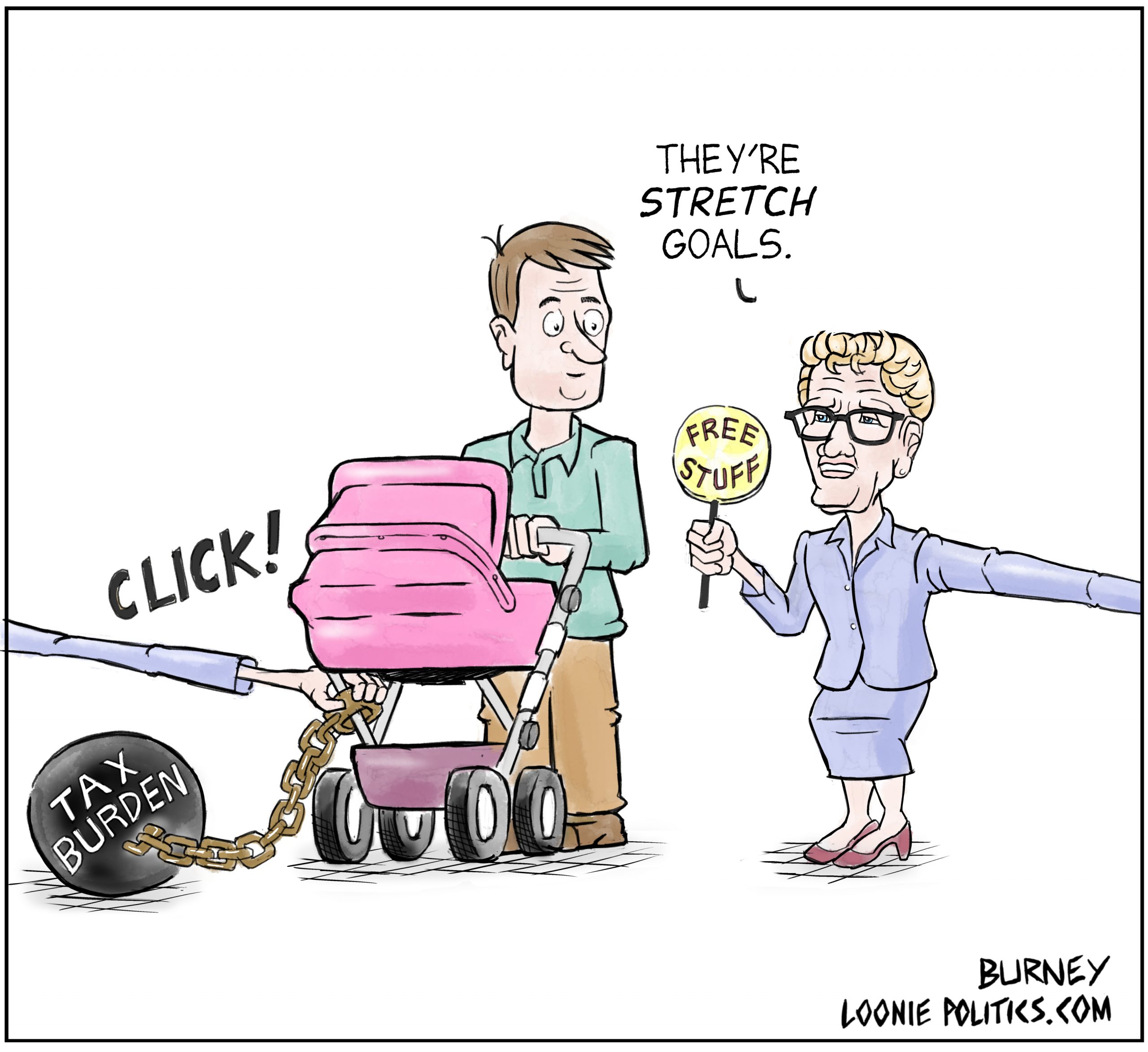For all the complaints about the federal Liberal government's preoccupation with feminism, it doesn't amount to much more than endless, repetitive rhetoric, at least if the 2018 budget is any indication. Measures designed to help Canadian women include initiatives to deal with gender-based violence and harassment; new parental leave allowances; pay equity in federally regulated sectors; direct assistance for women in trades, agriculture, sport, and entrepreneurship; feminist-oriented international aid; $100 million in direct funding for women's advocacy groups; a new office within Statistics Canada to cover "gender, diversity and inclusion"; and a $1.3 million "roundtable on gender-based analysis" and a $7.2 million "national conversation on gender equality", the difference between a roundtable and a conversation left unspecified.
This is all typical for the federal Liberals, who, when asked to develop a policy, will come back with funding and "conversations." Had they been listening to the women they are so eager to help, they might have heard more than a few demands for childcare spaces, the low availability and high cost of which are often cited as major roadblocks to the re-entry of new mothers into the workforce. For this reason alone, Ontario Premier Kathleen Wynne can at least claim greater political savvy for her promise of free childcare from age 2.5 to kindergarten. She is at least trying to go big on a policy that could help working women in a concrete way. The key word is trying.
Before we get into the policy proper, let's address an argument that may come up in response, a common complaint from (usually) female commentators about measures targeted to working women. As the Calgary Herald's Licia Corbella put it in her federal budget reaction:
There was no extra money, however, to help women stay home with their children — something that many women crave. There was no suggestion anywhere in the budget that some women might choose to stay home to raise their kids . . . There's no recognition of the immense value of this kind of unpaid work, which is insulting.
Indeed, many women would prefer to stay home with their kids while they are young. I would enjoy it myself. But what kind of "recognition" should current and aspiring stay-at-home mothers be demanding? Why, if one's financial circumstances already allow one parent to stay home, should they expect money from the feds? Because those other women get it? Aren't we too old for cookie envy?
Back to Wynne. A charitable view of her plan is that she hopes to emulate France, where high-quality, publicly operated, full-day childcare is available for fees pegged to the parents' income a program that originated in Paris on the district level, with the support of private donors. But a spot in a "crèche" isn't guaranteed to all parents; women have been known to start schmoozing the appropriate bureaucrats as soon as they discover they are pregnant, and even that's no guarantee. For that matter, the crèche system began in the 1840s, at first catering to poor labourers, but becoming popular with the middle class in the early 1970s. To achieve the dream of quality day care for all, or even most, could take a generation.
That Wynne's version of quality day care for all entails fees for none is also a problem. As of last year, Ontario's debt stood at $312 billion. The initial $2.2 billion price tag for childcare is a pittance in comparison, but few large-scale social programs have ever kept their initial price tags. Wynne may soon find herself in the same position as Quebec Premier Philippe Couillard, forced by "the true nature of finances" in 2014 to replace a universal childcare fee of $7.30 with his own income-based fee scale. And Quebec's system has a long way to go to ensure quality across the board.
Given Wynne's constant assumption that the voters of Ontario share her flagrant disregard for cost control, it is difficult to envision her project getting off the ground, much less lasting beyond her time in office. If she were serious about having enough money in the coffers to pay for the implementation of childcare, she would not have permitted six years of projected deficits, or removed means-testing from seniors' pharmacare. She does not grasp the level of complexity that comes with her very simple promise, and she's banking on Ontarians making the same mistake.
But that won't stop childcare costs from being a roadblock. Let's hope Doug Ford's Progressive Conservatives present an alternative, instead of just fiscal-responsibility bluster.
Written by Jess Morgan











